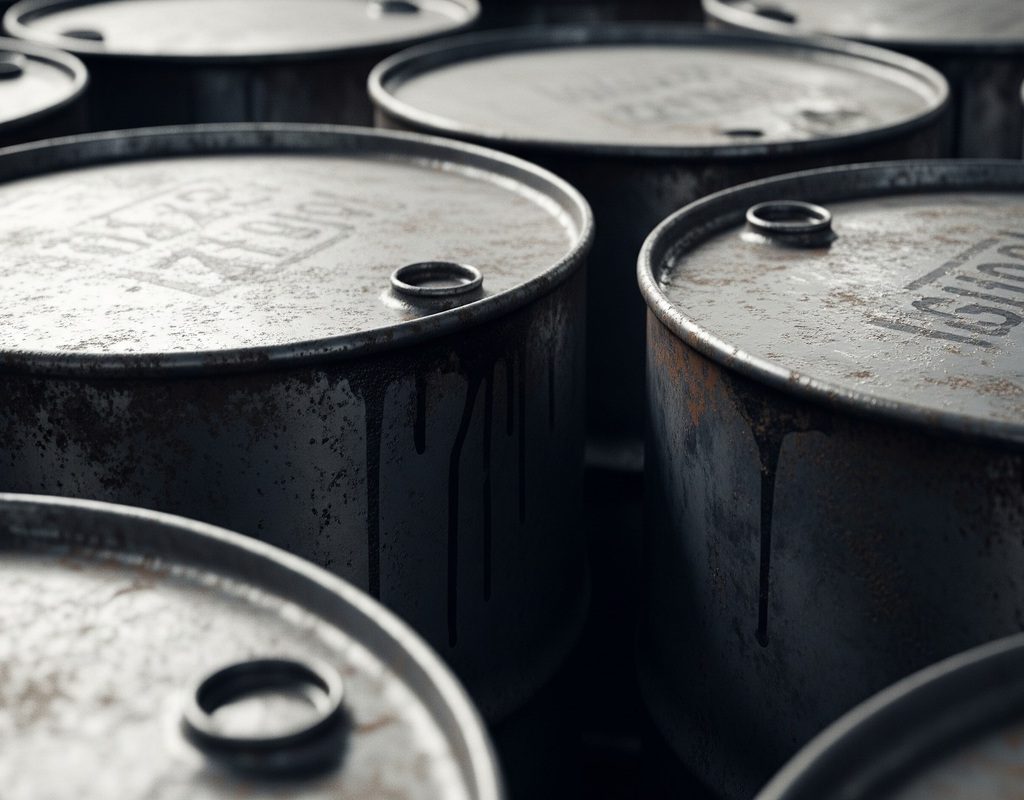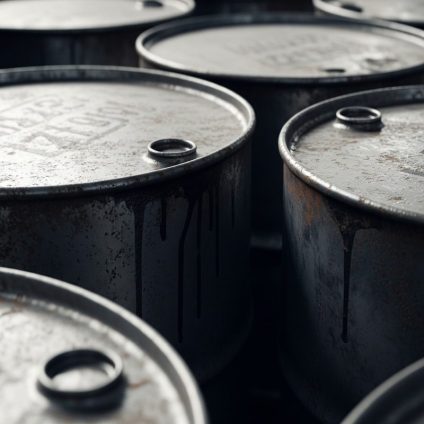Israel attacks Iran, sparking fears of oil supply cuts through the Hormuz Strait and driving crude prices to their highest in five months

Military strikes have shaken investors. A broader Middle East conflict could lead to a shutdown of the Hormuz Strait.
Israel attacks Iran and the ripple effects are hitting global commodity markets. Oil prices surged Friday morning after Tel Aviv launched airstrikes on Tehran, spiking by more than $4 a barrel to hit the highest level in at least five months. The escalation significantly raises tensions in the Middle East and fuels fears of oil supply disruptions.
Oil prices jump after Israel attacks Iran
Brent crude futures rose by $4.60 to $73.96 per barrel, after reaching an intraday high of $78.50, the highest since January 27. West Texas Intermediate, the U.S. benchmark, gained $4.99, up 7.33%, and was trading at $73.03, after hitting $77.62, its highest since January 21. The oil rally on Friday, June 13, marks the largest daily gain since February 2022, when Russia’s invasion of Ukraine triggered a major energy price spike.
The Israeli government stated it had targeted nuclear facilities, ballistic missile factories, and Iranian military command centers as part of an extended operation aimed at preventing Tehran from acquiring nuclear weapons. “The key question now is whether Tehran’s response will be limited to Israel or if Iran will use last night’s attack as a pretext to target the region’s critical economic infrastructure,” said RBC Capital analyst Helima Croft.
Hormuz Strait seen as key flashpoint
Analysts warn that the worst-case scenario would involve the conflict spreading to other Middle Eastern oil producers and maritime trade routes, potentially halting the flow of oil through the Hormuz Strait. Nearly one-third of global seaborne oil passes through this narrow waterway daily. Iran holds a strategic position on the northern side of the strait, at the exit of the Persian Gulf. In retaliation, Tehran could block the export of oil and natural gas from neighboring producers.












